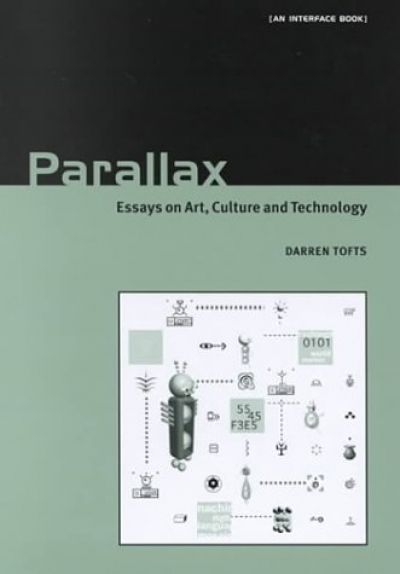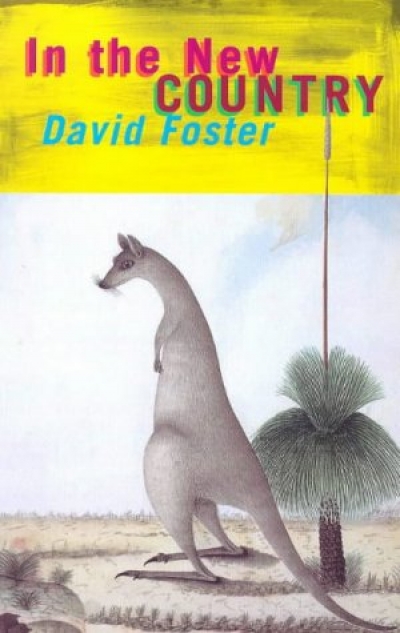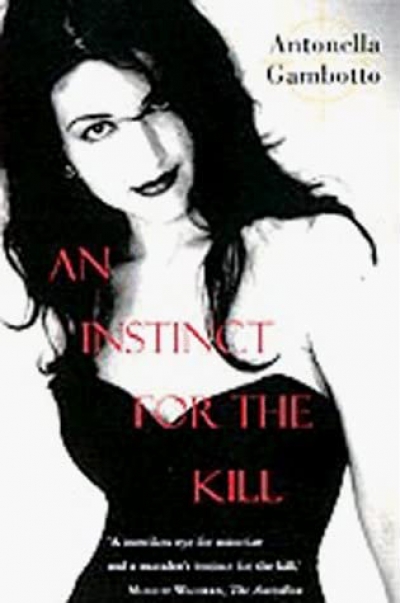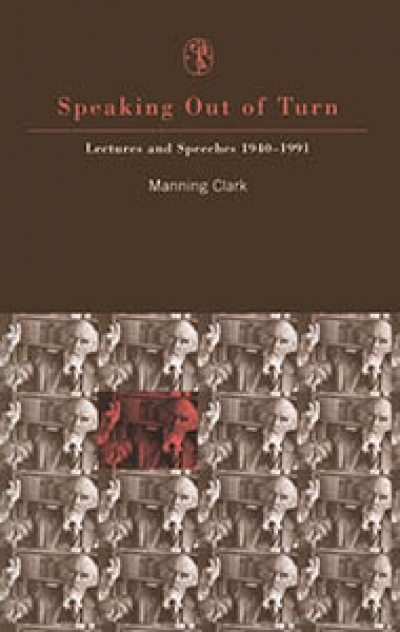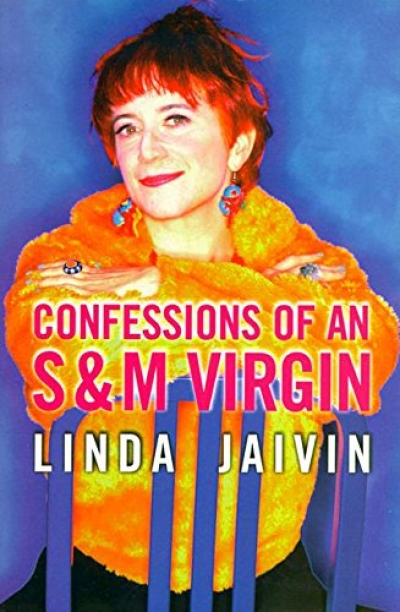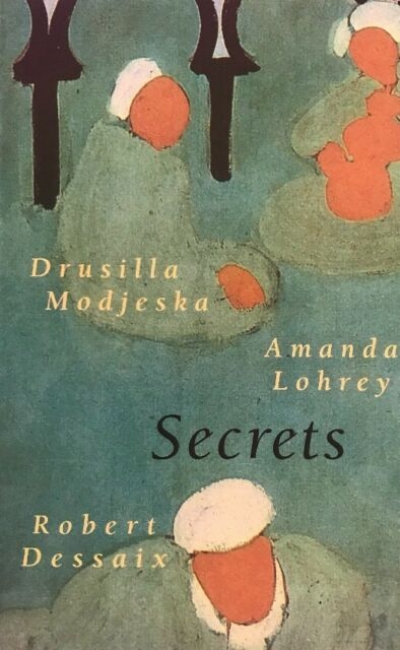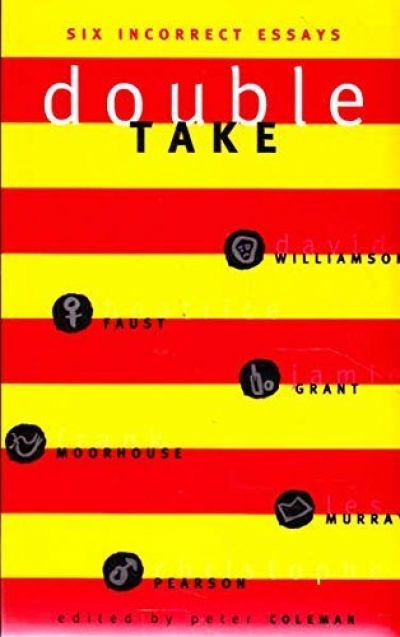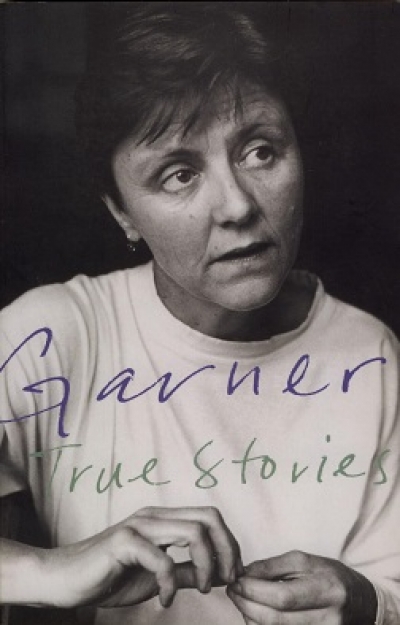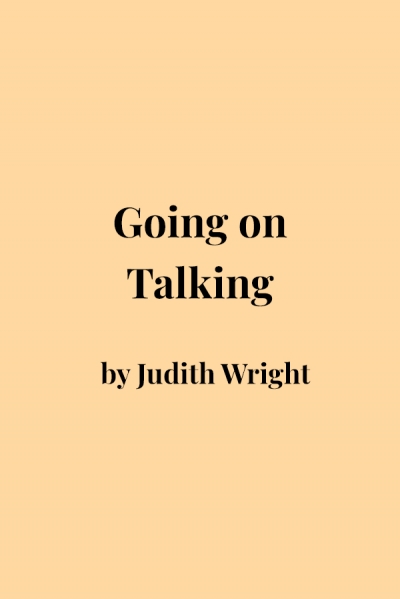Essay collections
Parallax: Essays on Art, Culture and Technology by Darren Tofts
Cultural criticism at the end of the twentieth century, says Darren Tofts (at the end of 1999), is suffering from a kind of amnesia. Interactivity is not an invention of Playstation games or electronic mail, but has been a crucial constituent of avant-garde art throughout the century: neglect this history and risk collapsing culture into fin-de-siecle, commodified monotony. Both those who rhapsodise and those who malign the anarchic non-linearity of current hypermedia as if it is an unprecedented cultural phenomenon ought to recall, Tofts advises, Marcel Duchamp’s bewildering, ludic work of art, The Large Glass: The Bride Stripped Bare By Her Bachelors, Even. Hypertext archives and libraries, he notes, are only now beginning to manifest the scope and complexity of James Joyce’s textual systems. Hypermedia, Derrida once observed, simulates ‘joyceware’, and Tofts adds that it has ‘a lot of catching up to do’. Indeed, hypermedia is a term that he considers far more descriptive of the radical artistic inventions of the modernist vanguard in the first half of the twentieth century than of our contemporary ‘interactive culture’.
... (read more)In the New Country by David Foster & Studs and Nogs by David Foster
At the end of The Glade Within the Grove, D’Arcy D’Oliveres coughs his way towards death from lung cancer. With him dies David Foster’s benign alter ego, the narrator of his comic Dog Rock novels. Of course, the ‘Arcy who narrated The Glade had become less sociable and considerably more learned than the postman of Dog Rock, but it seemed reasonable to assume that his demise marked the end of Foster’s fictions in the comic mode. Not so. In his latest novel he mixes a good-humoured third person narration with the kind of colloquial dialogues which dominated the MacAnaspie sections of The Glade. In the New Country gives us a funny, more accessible, and more conventional Foster.
... (read more)If Antonella Gambotto hadn’t been sued by Cliff Richard early on in her career, would she have later described Kylie Minogue as ‘a charmlessly robotic dwarf’ under the impression of being an ‘incandescent, gifted and alluring siren’? Perhaps not. It seems it was Cliff, the 50,000 pounds and the resulting barrow-loads of letters that convinced Gambotto of the value of opinion pieces: people react.
... (read more)Speaking Out of Turn: Lectures and speeches, 1940–1991 by Manning Clark
I heard Manning Clark lecture just once. It was in 1981. He was addressing a hall packed with school students who were attending a history camp at the Australian National University. That night, Clark demonstrated two qualities which distinguish most good lecturers: he played a character who was an enlarged version of himself, and he convinced the gathering that his topic was central to any understanding of the human condition. He told his young audience that they were faced with a great choice. With their help, Australia might one day become millennial Eden – a land where men and women were blessed with riches of the body and of the spirit. But if they were neglectful, he warned, their country would remain oppressed by a great dullness: Australia would continue to languish as a Kingdom of Nothingness. (This speech, it should be noted, was delivered in the middle of that bitter decade which followed the dismissal.)
... (read more)Intellectuals and Publics: Essays on Cultural Theory and Practice edited by Paolo Bartolini, Karen Lynch, and Shane Kendal
About ten years ago, the British writer, Paul Johnson, published a book called Intellectuals. He had evidently formed a low impression of the species. If you look up ‘intellectual’ in the index you won’t find a list of learned personalities, nor of publications, nor of universities or academic societies. Instead you’ll find references to aggressiveness, violence, cowardice, cruelty, dishonesty, egoism, hypocrisy, vanity, snobbery, intolerance, self-pity and so on. If you think the index is nasty, wait till you try the book.
... (read more)Confessions of an S&M Virgin by Linda Jaivin
One hardly knew where to look. There were breasts everywhere. Not dozens of them mind you. Just two. On Mistress Sabine. The left mammary with a disturbing blue vein running over it, seeming to fill half the room on its lonesome. Other bits and pieces of the Mistress bulged alarmingly around the inadequate constraints of her leather fetish outfit, threatening to break free completely as she tied up Linda Jaivin and administered a paddling at the launch of the author’s Confessions of an S&M Virgin.
... (read more)Secrets by Drusilla Modjeska, Amanda Lohrey and Robert Dessaix
That old rhyme sits unpondered in the memory of every woman or man who grew up to speak English or chant it in the many incantatory rituals of childhood. It is locked in there, partnered with the rhythmic thud of a skipping rope and spirals drawn on your palm to test endurance, in the exquisite torture test that was part primitive ordeal, part initiation into a social community that had its mysteries and its taboos and its transgressions. Children move naturally in this world of internalised rhythms, of things unexplained, of enigma and excitement.
... (read more)I approached this collection of essays with some sense of anticipation, thinking ‘Do David Williamson, Beatrice Faust, Jamie Grant, Frank Moorhouse, Les Murray, and Christopher Pearson have something in common? If so, what?'
... (read more)‘Curiosity is a muscle,’ Helen Garner declares in the first essay of this selection, displaying again the metaphorical spark that marks her out and keeps her readers plundering her pages. She is writing about writing, and her revelations couple a disarming intimacy – Garner the wry, lifelong apprentice, confiding trade secrets – with shrewd and reflexive moral admonition. Here, in a brief paragraph, is laid out the disciplinary ground of fiction and reportage, plus a private view of Garner’s workshop and tools: ‘Patience is a muscle,’ she continues. ‘What begins as a necessary exercise gradually becomes natural. And then immense landscapes open out in front of you.’ It’s a beguiling act, this ability of hers to be forever the journeywoman but in the assured allegorical diction of a latter-day Bunyan.
... (read more)Perusing the Australia Day honours list, I was disappointed to see that Judith Wright had not been honoured with a major award. She is one of our greatest living poets, a pioneer environmentalist, and a tireless champion of Aboriginal rights. In this year, when the nation is still coming to terms with the momentous implications of the Mabo decision, it is worth remembering that Wright has been a key supporter of and advocate for the Murray Islanders land case since its inception in 1981. Wright is one white Australian who does not need an International Year of the Indigenous People to draw her attention to the outstanding worth of people such as Eddie Mabo and Mandawuy Yunupingu.
... (read more)

